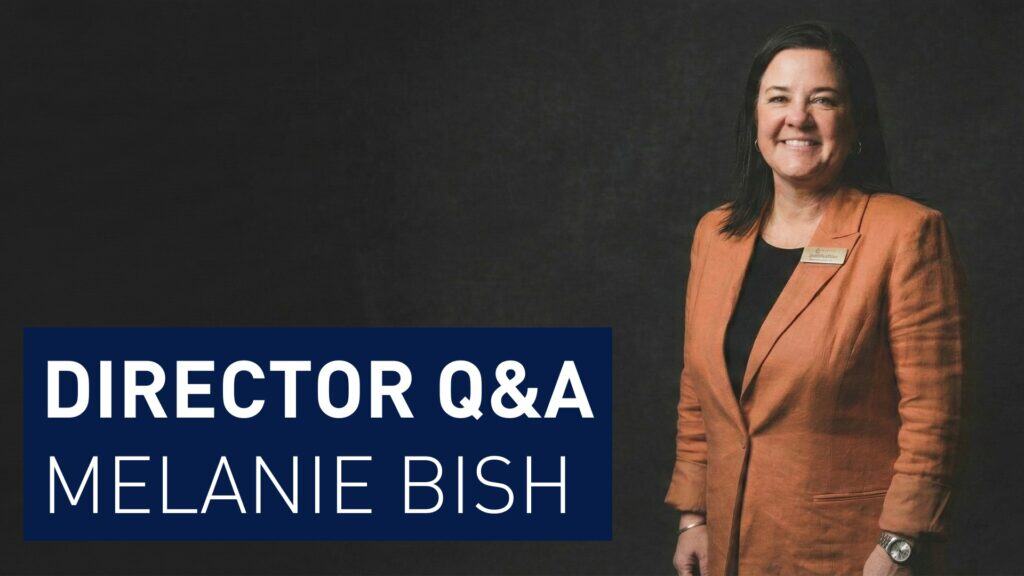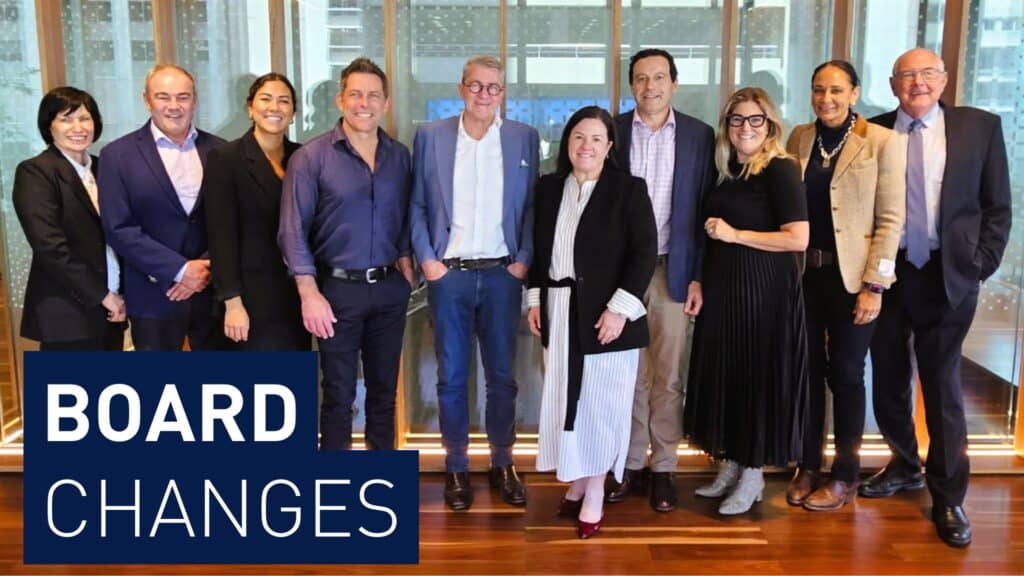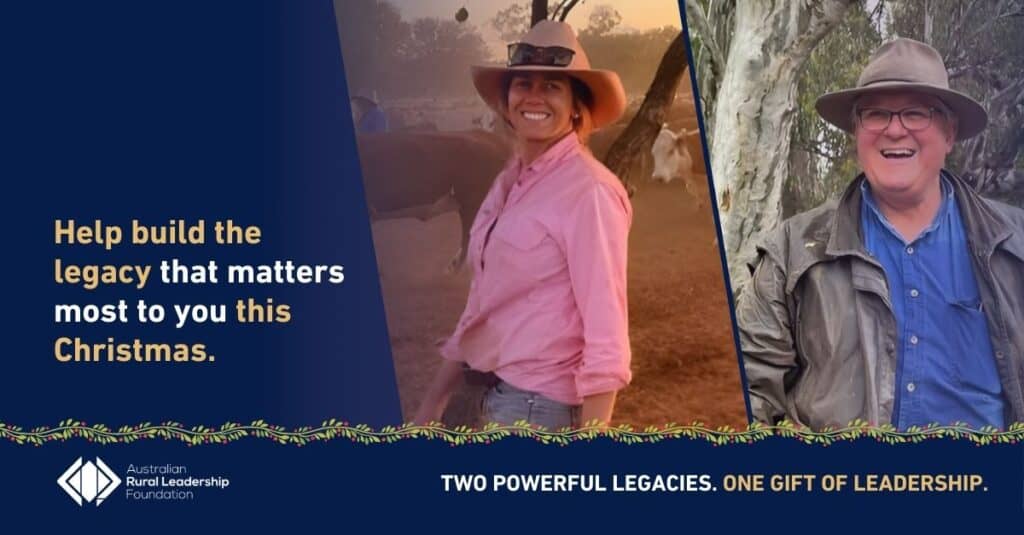Last month I was reading a few articles about National Volunteer Week and the role volunteers play in society.
Voluntarism is a significant but undervalued aspect of building social capital in our communities. It is critical to a healthy democratic society, as indicated in quality-of-life studies, amongst others. Perhaps this is no surprise to people living in rural, regional, and remote (RRR) Australia where rates of voluntarism and are higher than in urban centres.
This got me thinking about voluntarism and leadership, and what it might look like across our alumni network.
A longitudinal study examining the impact of the Australian Rural Leadership Foundation (ARLF) in 2017 found that 80 per cent of women and 61 per cent of men out of the 300 alumni surveyed volunteer their time in some capacity. This puts our alumni network well above average rates of voluntarism nationally at the time. The study found that the alumni survey and interview responses together with the case studies show a significant investment by individuals in voluntarism as a good leadership practice with wider social, economic benefits for individuals and RRR communities.
These figures are indicative of the strong relationship between voluntarism and leadership. At a macrolevel leadership rests heavily on one’s contribution to a greater good. At more depth, voluntarism goes hand in glove with key leadership practices including affiliation (aligning with others to enrich problem-solving), action (influencing and mobilising others) and advocacy (to champion a commitment to move from what exists now to what could exist).
Still, in a busy world we know carving out time to volunteer can be difficult. Also, my experience is that as a community gets smaller and perhaps more remote, more weight falls on fewer shoulders when it comes to volunteering.
So how do we keep giving in times of profound change and when our cups are almost empty?
The very act of giving can be energising but we also know that it will not always be enough. Refocusing where we are spending our energy and evaluating how much time we spend ‘doing’ versus supporting others to act is important.
Recharging networks can be part of this approach. Skills and resources for these networks are important, yet this alone may also not be enough. Through our work at the ARLF, particularly our place-based resilience programs, we focus on building understanding and relationships across real and imaginary boundaries and working with diverse groups of people to improve their ability to move from cooperation to collaboration. Our alumni are well placed individually and together to foster this approach.
You might wonder how to find the time to volunteer. Now let me say, no one ever finds the time. They purposefully carve it out. You might also wonder why you should give more when you’re already so busy. Only you can make that decision and your ability to volunteer will change at various stages of life. In my four years as National Farmers Federation CEO, I relinquished much of my volunteer time. I reduced my involvement to three or four single events each year. Afterwards, I stepped into the role of president of my local community association for a five-year period.
Leadership is about service to others. And while service to an organisation is one form of it, our thinking and service must ultimately go beyond this for RRR Australia to thrive.





